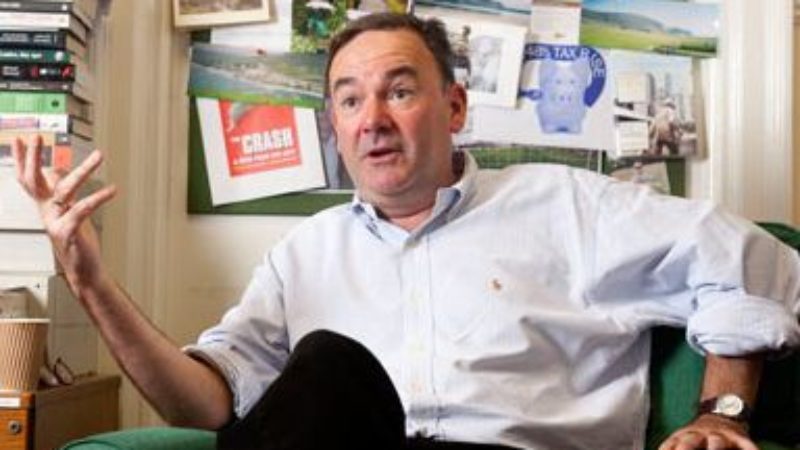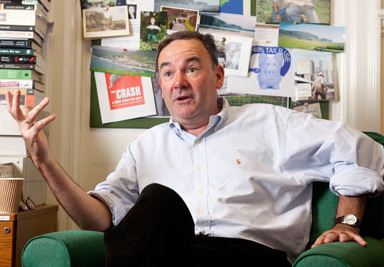
There’s been some interest in Jon Cruddas’s New Statesman interview over the past twenty four hours – unsurprisingly. Any intervention that touches on the leadership of the party is going to make ears prick up on Fleet Street.

That said, I don’t agree that Cruddas was fingering those with leadership ambitions by naming Balls, Cooper and Burnham as potential future party leaders – or if he was doing so, he was doing only a partial job. Balls, Cooper and Burnham are the most senior members of the shadow cabinet, which is why they were mentioned, but Cruddas could just as easily have named Umunna, Reeves or Hunt as talented individuals who some in the party (although crucially, not themselves) talk of as being capable of leading the party one day.
Cruddas was right to argue that a focus on personalities is self-defeating – “throwing someone else in front of the train” will not solve Labour’s existential crisis, that too many people don’t know what we’re for , who we are and what we stand for.
Jon Cruddas did say something interesting yesterday, but it wasn’t what the paper thought it was, it was this:
“Frost visited Kennedy in the White House and, as he left, he said: ‘You have to be more Irish than Harvard.’ By which he meant there is always this tension at the heart of social democracy, of centre-left thinking, about the technical construction of policy and that emotional, romantic, visionary element that has to trump that in order to create traction.”
Now as he’s prone to do, Cruddas used more words than were strictly necessary. But his argument – that Labour faces a clash between passion and technocracy, between romance and bureaucracy – is the right one. By the end of Labour’s time in government, too often we were setting ourselves targets based on other targets. League tables are important, but they cannot replace a driving sense of mission – and a desire to change Britain fundamentally, rather than just incrementally.
When New Labour was at its best and most successful, it was agile enough to rethink what it stood for. Yet in the years after New Labour, we risk the sclerosis of received wisdom jamming the gears of change and sending the party skidding into the hard shoulder.
Jon Cruddas has a big few months ahead of him – perhaps the biggest of his life, and certainly the most important that Labour has faced since 2010. The choice is clear – the passion or the spreadsheet. Cruddas has made the choice clear – and I know which side I’d rather be on…




More from LabourList
‘Factionalism at the top is weakening Labour – and handing a gift to Reform’
‘Europe must stand strong on its own as US security guarantees grow conditional’
‘Tackling poverty should be the legacy of Keir Starmer’s government’